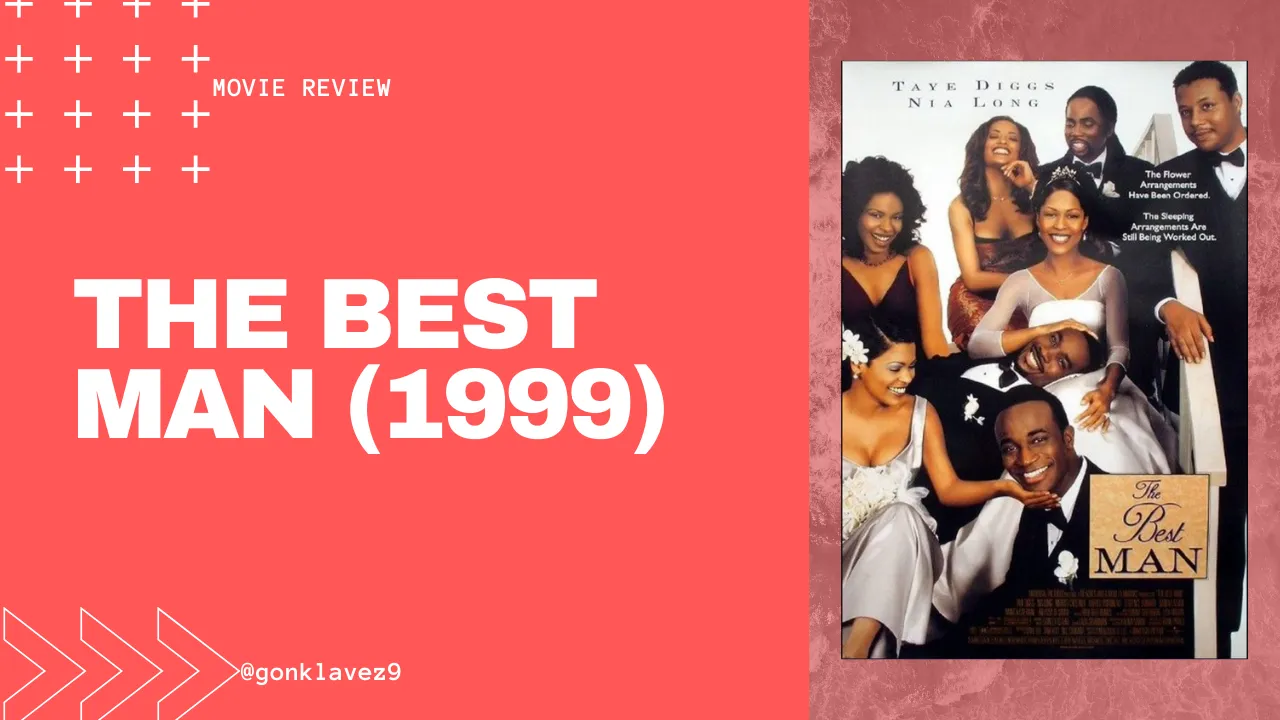
The Best Man is a film about old friends gathering together. Ironically, the movie is nothing more than a series of old stereotypes and plagiarized moments in the story. This development is, above all, a traumatic experience that can only ask for suggestions about how best to spend your monthly fee for Netflix (throwing it in the lion's cage, flushing it down the toilet, using it to light a fire, etc.).
The Best Man is a tale of friends getting together for a long wedding weekend. Harper (Taye Diggs) hasn't seen any of his mates in a while and is looking forward to an enjoyable and friendly period. He doesn't know that advance copies of his latest "novel," which is similar to the story of their lives, were received by the entire gang. The secrets pour out as the reunion progresses. How much harm will be done is the only issue.
One of The Best Man's ever-so-rare qualities is its soundtrack. Songs by Bob Marley, Maxwell and Lauryn Hill also overpower the moment. Sadly, even this consistency proves to be ominous. The notion of a revealing weekend bash revolving around a central point in a friend's life eventually offers some old friends a glimpse of where they are almost as original as the allegedly fictitious characters in the book of Harper.
Any of the stereotypes seen can not be pinned to only one or two movies, but are so prominent that they sound like a déjà vu that you can not place precisely. Highlights of such déjà vu are the grand old line "You love me, don't you?" and the overuse of semi-slow motion at a wedding.
Even if the myths and plagiarized moments are overlooked, there is still more to The Best Guy than its issues. The film spends a lot of time talking about sex and who is or was involved in the act, exactly. Yet the film never really has any intercourse and therefore looks like the school bully who talks a fantastic talk but can't even limp the walk.
At the start of the film, the supporting roles are blurred and progressively become clearer. Although it will sound fascinating, this evolution poses a problem for the film: you don't know who's who. This transition gradually hits a payoff point in the video for around 90 minutes. Unfortunately, the output from that moment forward suffers from excess sappiness. Too many feelings and slow-motion shots are packed together and the film, which is already too long, reaches almost infinite duration. A scene involving the friendship of two characters and a bible highlights this sappiness.
